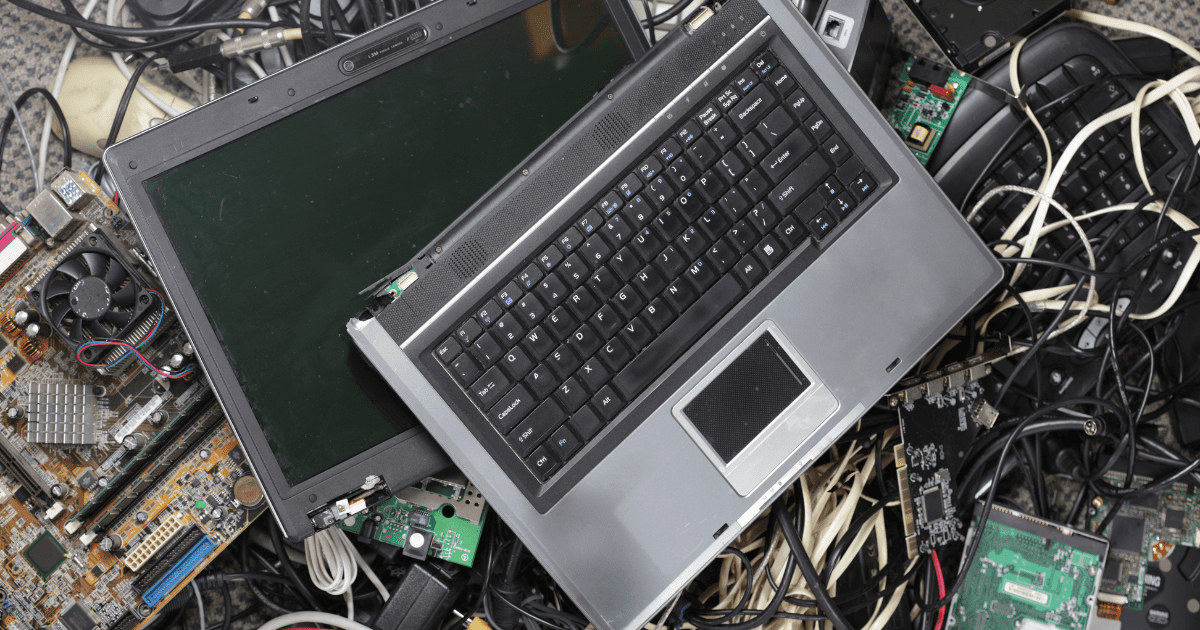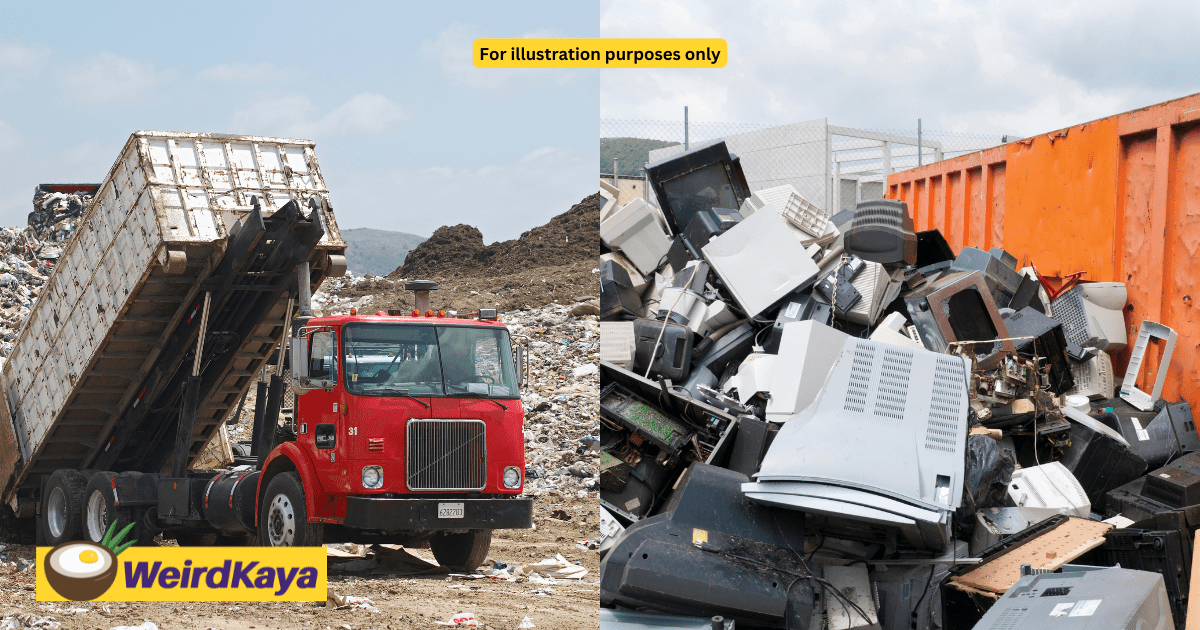Malaysia continues to be a major destination for the illegal disposal of electronic waste (e-waste) from developed countries such as the United States, Japan, Germany, and the United Kingdom.
According to Sinar Harian, environmental governance expert Associate Professor Dr. Haliza Abdul Rahman from Universiti Putra Malaysia (UPM), shared that this issue is not new but is becoming increasingly alarming.
Shocking figures on illegal e-waste imports
Recent reports indicate that there are more than 200 illegal e-waste recycling plants operating across Malaysia.
Even more concerning, in October 2023, more than 1,000 containers filled with tons of electronic waste were illegally imported and processed in the country.
This activity not only violates environmental laws but also contributes significantly to environmental pollution.

M’sia becomes a transit hub for illegal waste
Dr. Haliza explained that Malaysia is often used as both a dumping ground and a transit hub for scheduled electronic waste from developed nations.
In 2022 alone, Malaysian authorities sent back 19 containers of e-waste to their countries of origin, including the United States, Spain, Australia, Belgium, and Japan.
However, what is even more concerning is that Malaysia has also become a processing center for scheduled waste, where electronic scrap is refined into ingots before being exported to China.
This not only harms the environment but also poses serious health risks to local communities.
Proposed measures to address the crisis
To tackle this growing issue, Dr. Haliza proposed four key measures:
- Strengthening border enforcement: The government must enhance inspections at major ports and entry points to prevent e-waste smuggling.
- Tightening existing laws: Stricter regulations should be implemented to effectively curb illegal activities related to e-waste disposal.
- Public education and awareness: The public must be educated on the dangers of e-waste and the importance of proper electronic waste management.
- Compliance with the Basel Convention: Developed countries must fully adhere to the Basel Convention, which regulates cross-border movements of hazardous waste.
The Basel Convention mandates that all cross-border movements of hazardous waste require prior consent before transit, shipment, import, or export.
As a signatory of the convention, Malaysia must take a more proactive role in ensuring strict compliance with these international regulations to curb the illegal e-waste trade effectively.
By enforcing stronger policies and fostering global cooperation, Malaysia can take decisive steps to protect its environment and public health from the growing threat of illegal e-waste dumping.



